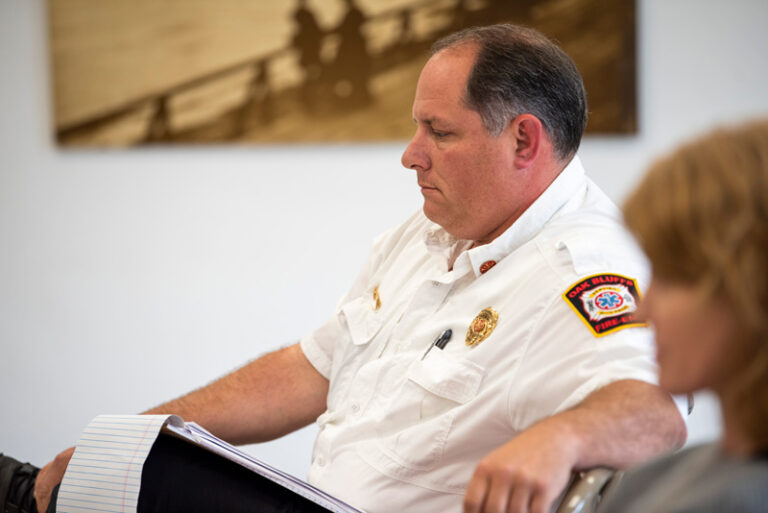For first responders like firefighters, the challenges of the job tend to extend much beyond the physical risks. Being exposed to traumatic incidents and grief repeatedly can take a toll on the emotional well-being of a person. As John Rose Oak Bluff mentions, it is extremely important to identify the challenges that come with the role of a firefighter, as well as the stigma linked with the emotional struggles arising from these challenges.
John Rose Oak Bluff underlines a few strategies that can help firefighters to cope with the stress
It is common for first responders like paramedics and firefighters to grapple with the aftermath of tragic events. Firefighters experience constant exposure to trauma, which may lead to cumulative stress and have a severe negative impact on their mental health. Firefighters tend to experience higher rates of depression, post-traumatic stress disorder (PTSD), and suicide in comparison to the general population. This is a sobering reality that must not be ignored. However, unfortunately, even today there is a stigma surrounding mental health challenges in the firefighting community. The perception that displaying vulnerability is a sign of weakness often deters firefighters from seeking the help they need. Breaking down this stigma is crucial for improved mental health and the overall well-being of firefighters.
Here are a few strategies that can help firefighters to cope with the stress and trauma of the job:
- Use peer support networks: Knowing that they have colleagues and peers who understand the unique challenges they face helps in creating a sense of solidarity and community. Peer support programs can be extremely helpful for fire departments. Through such programs, firefighters can get a platform for sharing their experiences and feelings in a safe environment, which is important for instances of isolation.
- Explore mental health resources: Mental health professionals, counseling services and confidential helplines can make a huge difference in the mental health outcomes of a firefighter. Taking proactive measures like going for routine mental health check-ins would help identify potential issues early on.
- Practice mindfulness and self-care: To manage stress, first responders like firefighters should try to incorporate mindfulness practices and self-care into daily routines. They can engage in yoga, meditation and deep breaking exercises, which can contribute to improved emotional well-being.
- Balance work and personal life: To prevent burnout, it is immensely vital to strike a balance between work and personal life. Taking regular breaks and maintaining a healthy work-life balance are important for the overall well-being of a firefighter.
- Establish debriefing sessions: After particularly challenging or traumatic incidents, it would be a good idea for firefighters to engage in debriefing sessions. This would help them to work through their emotions and process the trauma of the call.
- Encourage hobbies: Having hobbies would give firefighters something to channel their thoughts and emotions into, when the rigors of the job take a toll and they need a mental break.
As John Rose Oak Bluff mentions, that by acknowledging the emotional toll of the profession and fostering a culture of support, fire chiefs can help create an environment that helps firefighters to address the challenges of the job. It is critical to reinforce the message that seeking help is a sign of strength, and not a weakness.

